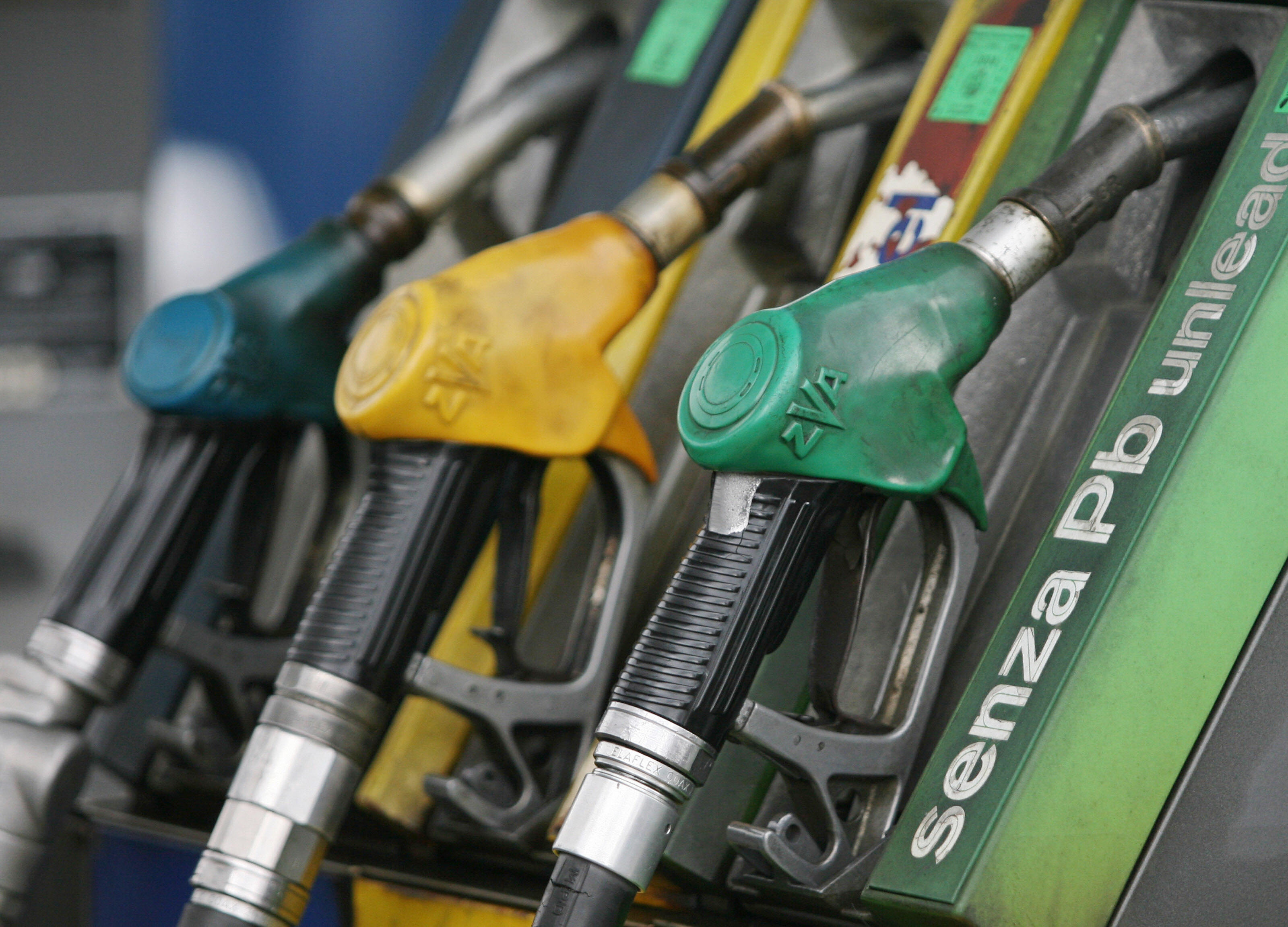Donald Trump's proposal to levy a new tax on imports from Mexico isn't the only plan that could pinch your pocketbook.
A GOP proposal to scrap a tax deduction on imported goods could lead to price hikes of as much as 15% on products ranging from jeans to jeeps, according to projections by a major retail trade association.
The border adjustment tax, outlined in a plan co-authored by House Speaker Paul Ryan (R-Wisc) , would require U.S. retailers who currently pay taxes only on the profit made from the sale of an imported product to also pay taxes on what it cost to purchase it from abroad.
That would likely lead to clothing and shoe prices jumping roughly 15%, while electronics would potentially cost about 11% more. according to forecasts from the National Retail Federation.
Stores say those price hikes could be the difference between making money or winding up in the red.
“If you’re a retailer and you’re in the specialty apparel business . . . virtually all of the products that you sell are imported,’’ says David French, the NRF's senior vice president for government relations, noting that retail profit margins seldom top 3%. “You’re looking at price increases across the entirety of your product lines at roughly 15%, or you’ll suffer short-term losses.’’
There would be variations from retailer to retailer, based on a variety of factors including their cost structure and the source of goods. And some economists believe that a stronger dollar would minimize price increases. But based on projections by some retail, gas and auto experts, price hikes would be likely - and noticeable.
A pair of $79 jeans would cost $93. A gallon of regular unleaded gas which had an average price Thursday of $2.29 would cost between $2.59 and $2.67. And a new vehicle, which reached the record average price of $35,309 In December would see its sticker price rise to $37,609.
Currently, a store chain that buys a pair of jeans from Taiwan for $10 dollars and sells it in the U.S. for $30 pays taxes on just the $20 profit. But under the GOP House proposal, the retailer would have to pay taxes on the full $30.
The congressional proposal also recommends lowering the corporate tax rate to 20% from 35%. But French says that would do little to offset the losses that stem from the canceled import tax deduction. “You can’t stay in business if you’re paying $2.40 on a $2 profit,’’ he says.
Roughly 30% of products that American consumers don't frequently buy, such as refrigerators and washing machines, come from abroad, says Chris Christopher, Jr., director for U.S. Macro and Global Economics for IHS Markit.
The new import tax might boost revenue "but in the end, the border tax adjustment is . . . not very pro-consumer,’’ he says. “It’s a tricky thing. . . When you look into details, it’s not good for low-income and middle-income Americans, and that’s where a lot of the support came for Donald Trump.''
But the Tax Foundation, an independent think tank that supports lower taxes, says that the proposed tax change will lift the value of the U.S. dollar, allowing prices to stay where they are.
“Both supporters and opponents are missing the fact that taxes and subsidies have a direct impact on the supply and demand of goods, which in turn impact their market prices,’’ Kyle Pomerleau, director of the Tax Foundation’s federal projects, wrote in a blog item. “Specifically, the border adjustment will have an impact on both the supply and demand of U.S. dollars, resulting in an increase in its value.”
Thomas Cooley, an economics professor at New York University and former dean of the university's Leonard N. Stern School of Business, agrees that a stronger dollar could cushion the fallout for retailers and other importers. Still, if the proposal goes into effect, "there will be winners and losers,'' he says, with companies that have U.S. based factories faring far better than their counterparts who don't, and depend on imports.
“In that sense,'' Cooley says, the proposed tax change “encourages domestic investment . . . in the U.S.’’
But while a goal might be to compel domestic corporations to shift their production to the U.S., such a move wouldn't necessarily be quick – or even guaranteed.
“You don’t just switch,’’ Christopher says. “Regardless of the tax you’re going to impose, when the wage rates are so different, it’s still very lucrative to produce clothing in Bangladesh or China.’’


